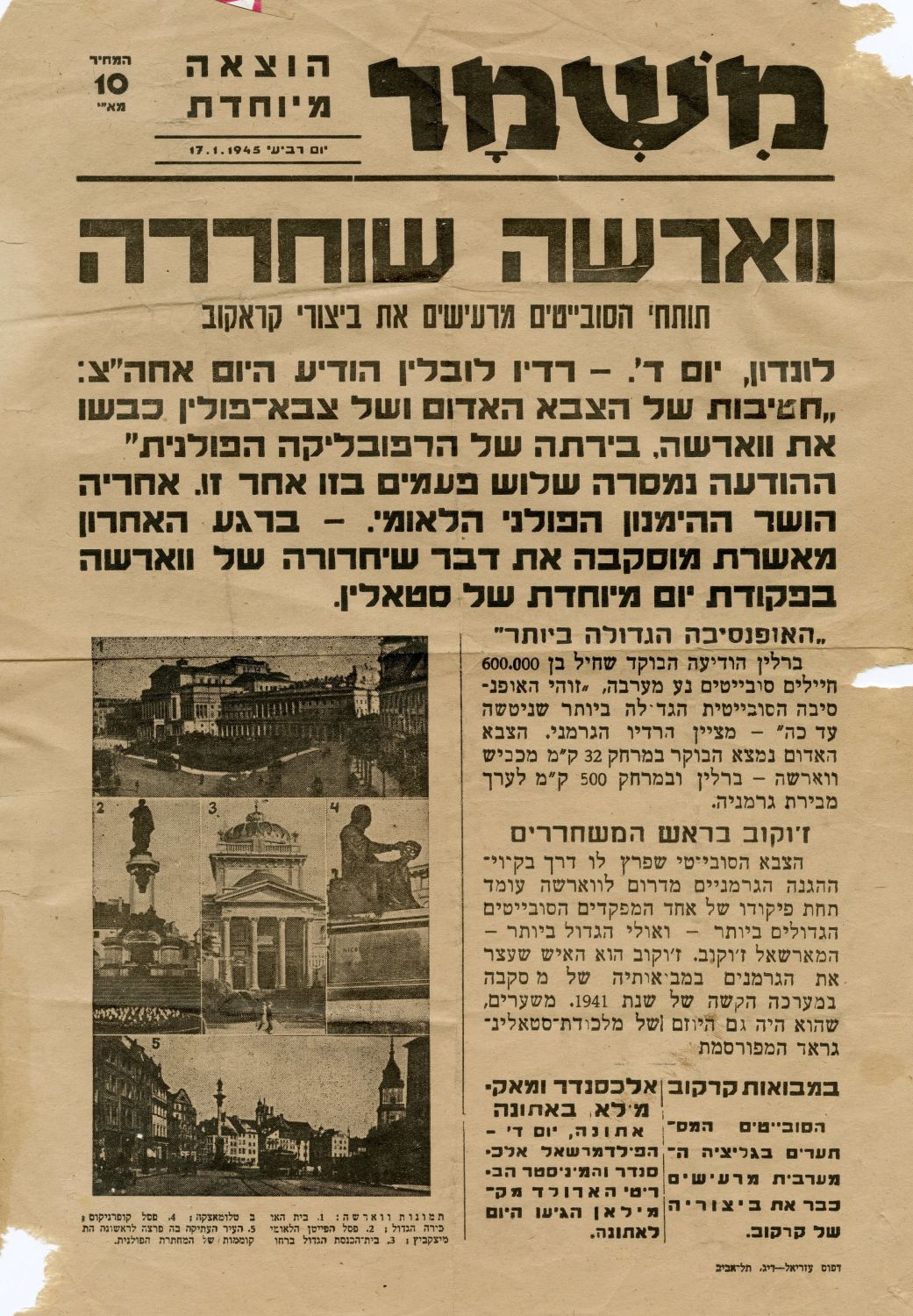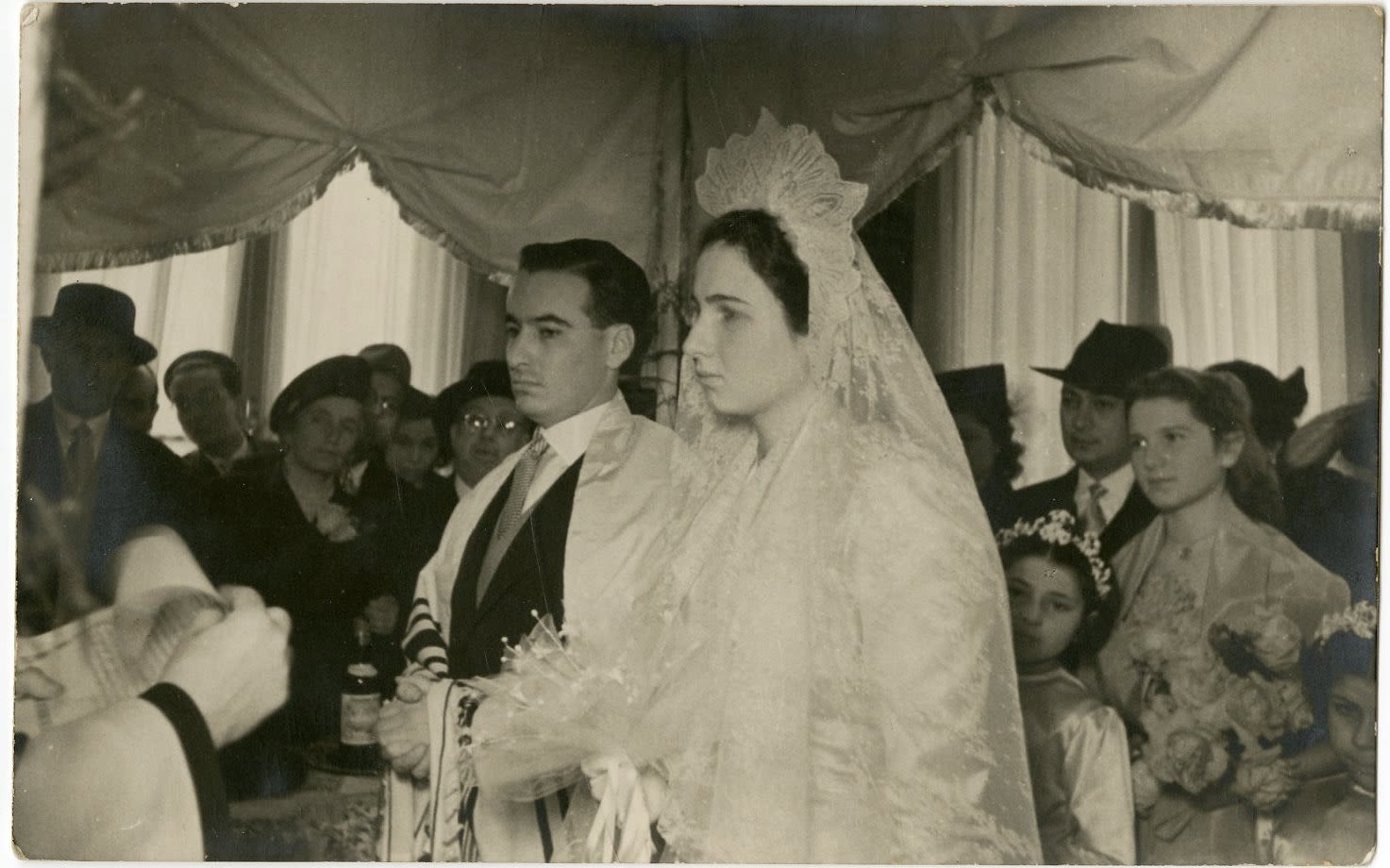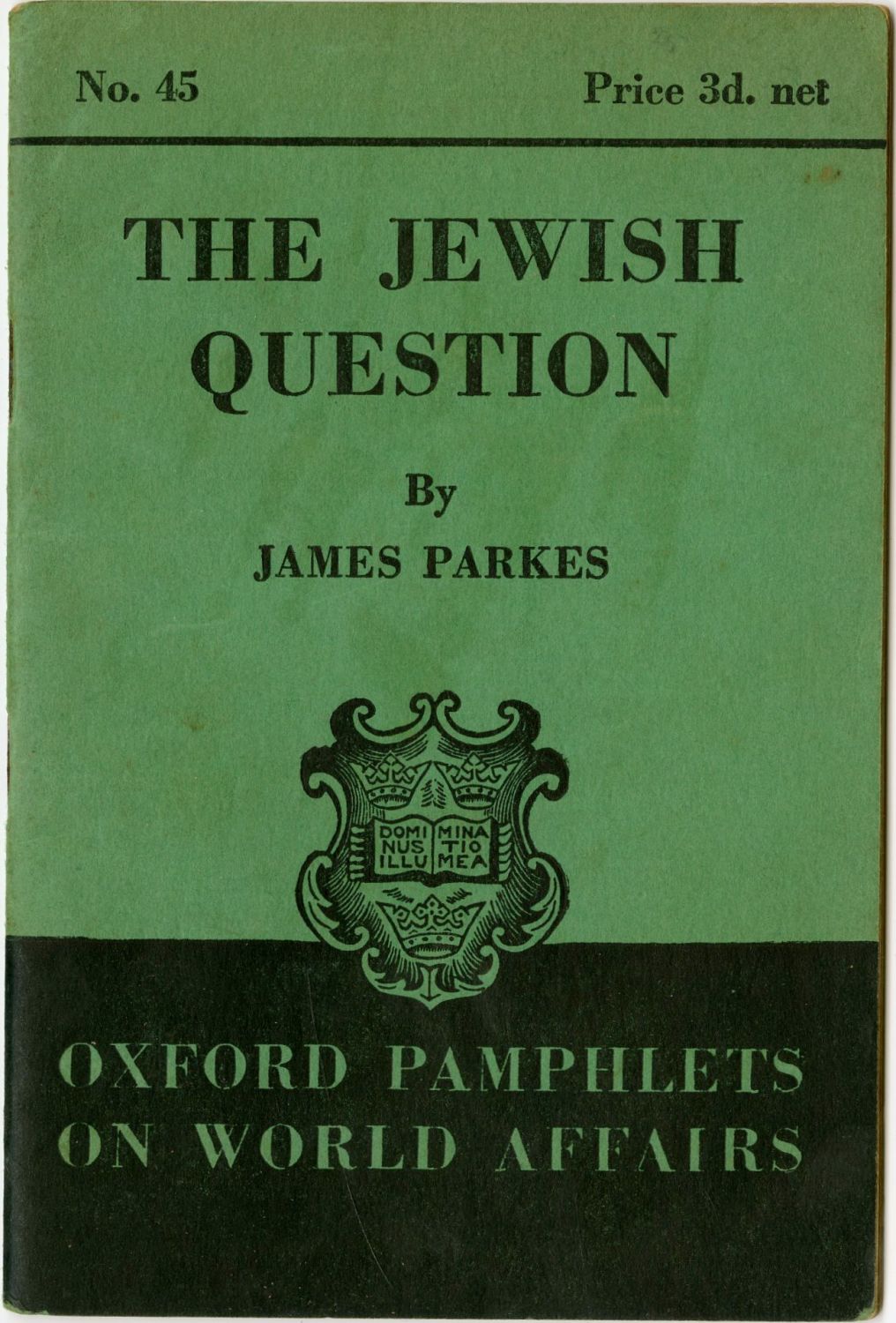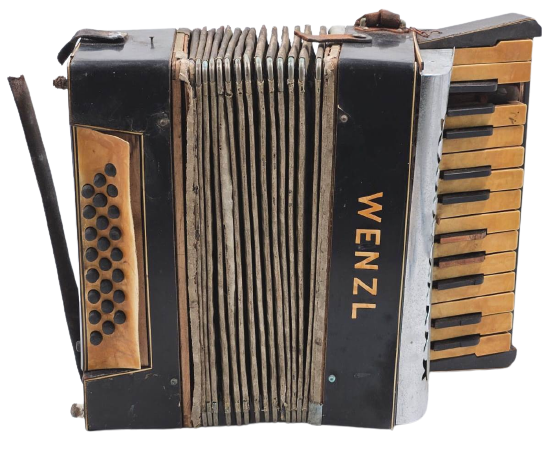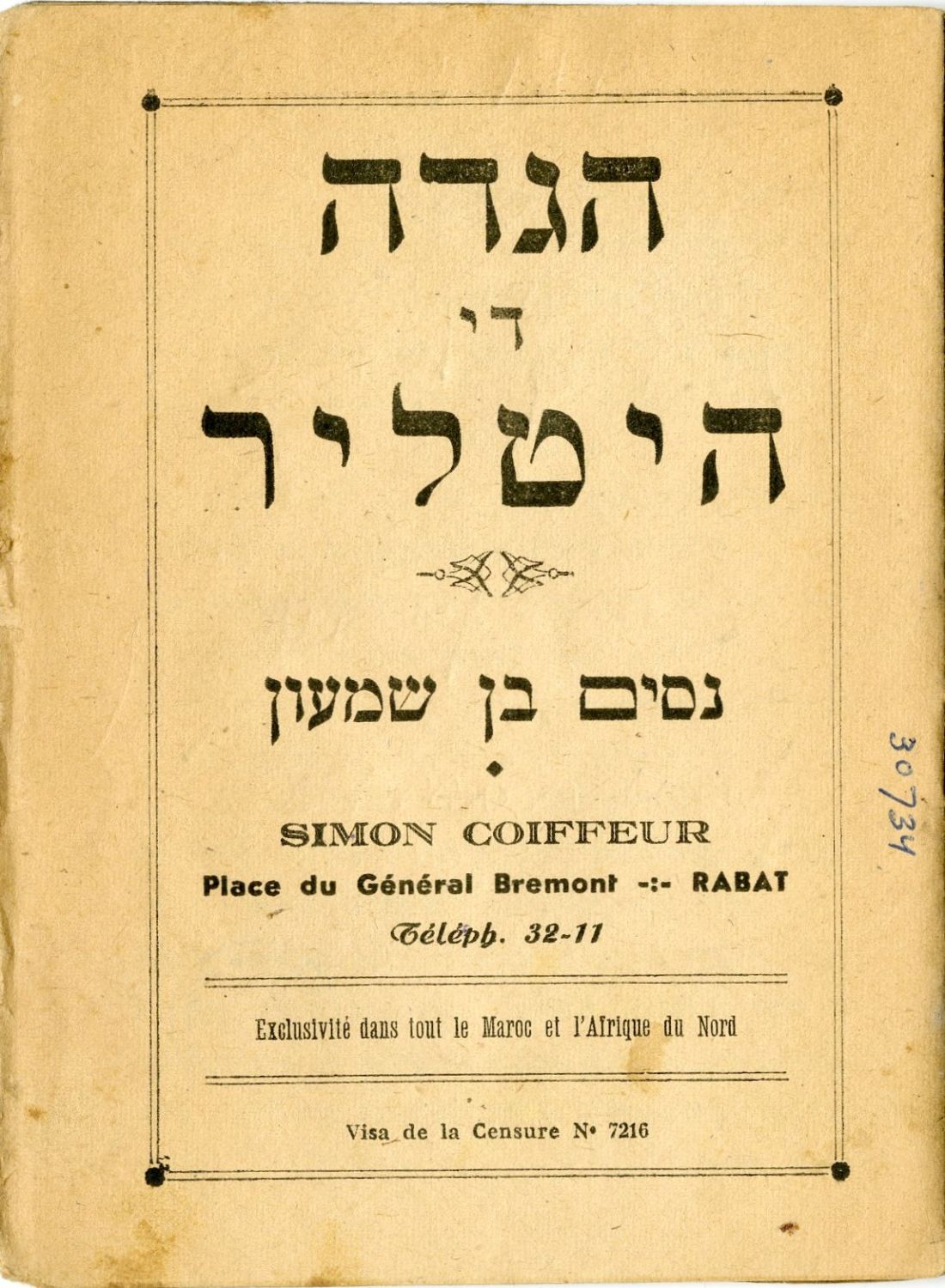Secret instructions regarding forced labor and detention of Jews in the city of Bacau, Romania. "Order No. 1609" - June 21, 1943. Typewritten print. Official stamps and handwritten signature of the Romanian commander. Secret order in response to Jewish escape attempts from the forced labor area. The first part of the order reads: “Make sure to supervise with utmost gravity that Jews on holidays and Sundays do not leave their canton to take the train without official forms. You are primarily responsible for enforcing the order”. The second part instructs to increase supervision over Jews trying to sneak and escape by freight trains and to place guards around these trains, as well as an explicit order prohibiting Jews from returning home by train from the forced labor area without permission, it is written that a Jew caught leaving without permission will be given 25 lashes on the back, in addition indictment papers will be filed against him for leaving the work area without permission, also it is determined that for every Jew caught trying to escape the heads of the Jewish department will suffer harsher sanctions. The order is signed by Commander Ohol. Rare historical testimony about the Holocaust of Romanian Jewry.
The persecution of the Jews of Bacau, Romania during World War II began in 1941. Romanian anti-Semitism stemmed from various religious, national, economic, political, racial and even out of a desire to behave according to the fashion dictated by Nazi Germany. In June, the evacuation of Jews from towns and villages around Bacau to Bacau itself was arranged, leading to great overcrowding. The city police announced on July 4, 1941 that within 48 hours at most all Jews were required to wear a yellow patch on their clothes. In August 1941 restrictions on movement after 9 PM were imposed on the Jews of Bacau. In December 1941, a detention camp for Jews was established in Bacau, and Jews from Bacau were massively sent to forced labor outside the city, especially to those run by CFR (the Romanian railway). Many even arrived in Bessarabia and Transnistria. The Bacau community managed to organize a canteen for the poor that offered 1,000 people daily meals. Most assistants were family members of those sent to forced labor outside the city. Hundreds of thousands of Jews were murdered or died of cold, starvation, disease and forced labor in territories controlled by Romania. The Historians' Commission, set up by the Romanian government, decided it could not state the number of Jews murdered in the Romanian Holocaust under Romanian rule, but noted that the number ranged from 280,000 to 380,000.
[2] Pages. 31x22 cm. Stains. Light tears to edges. Good condition.




